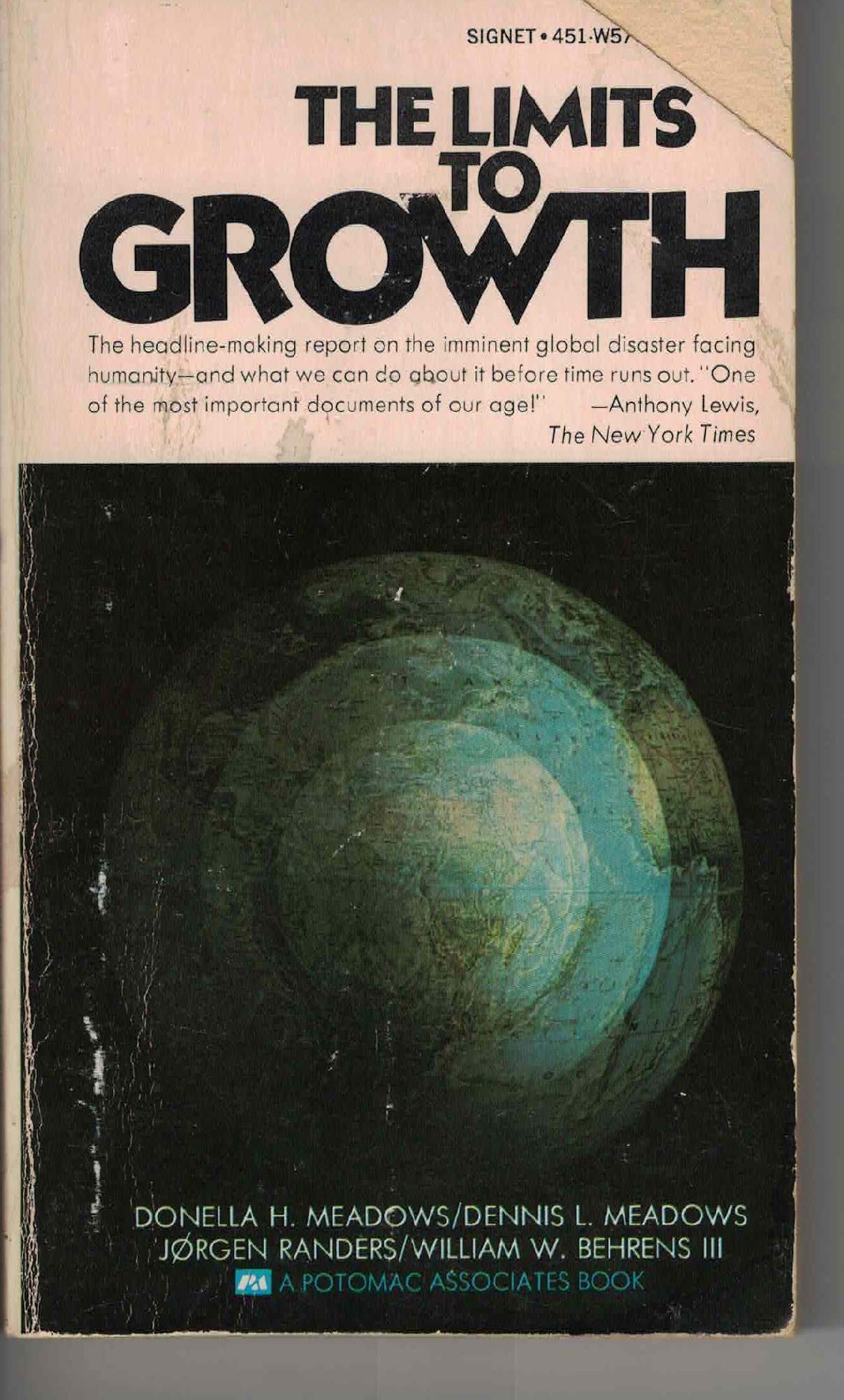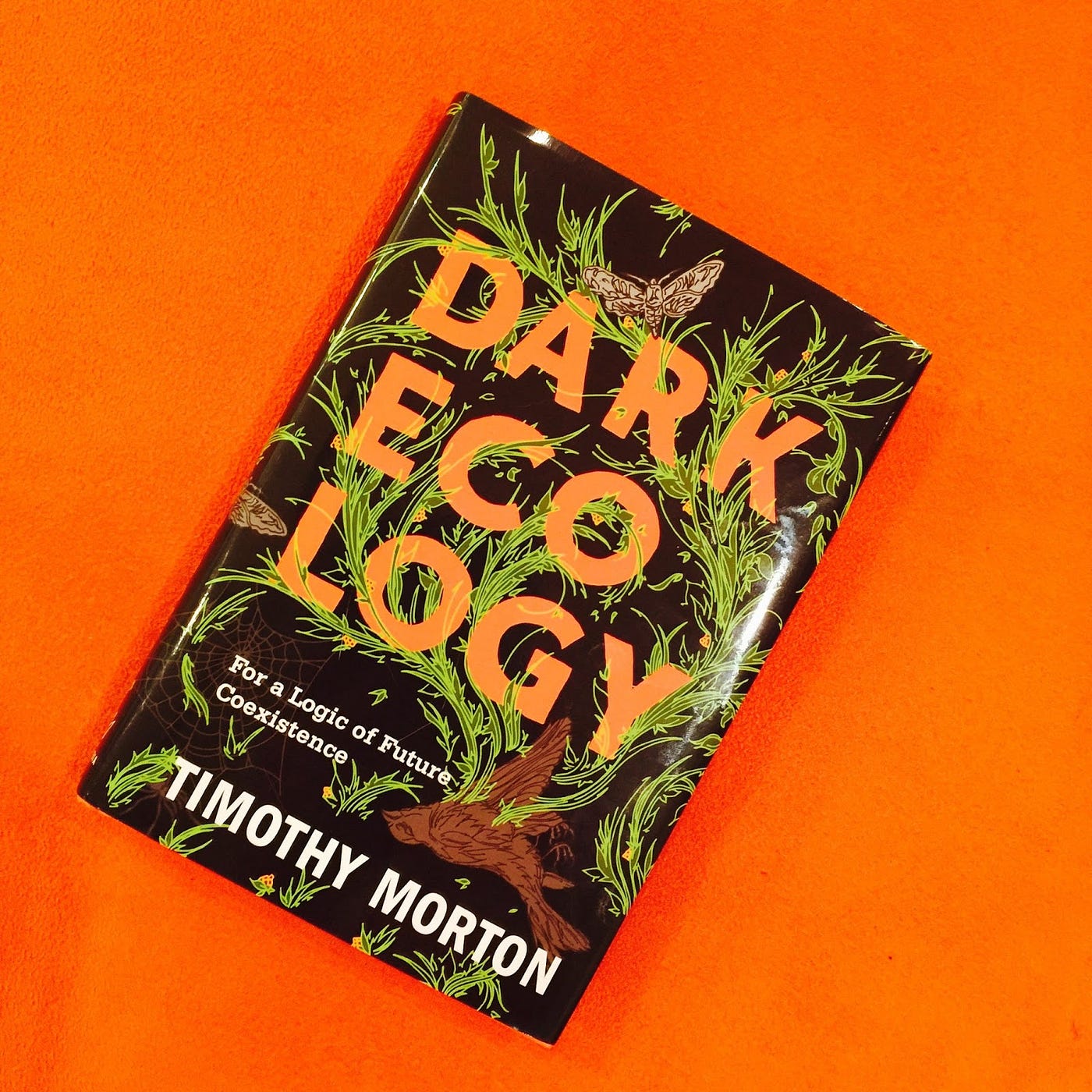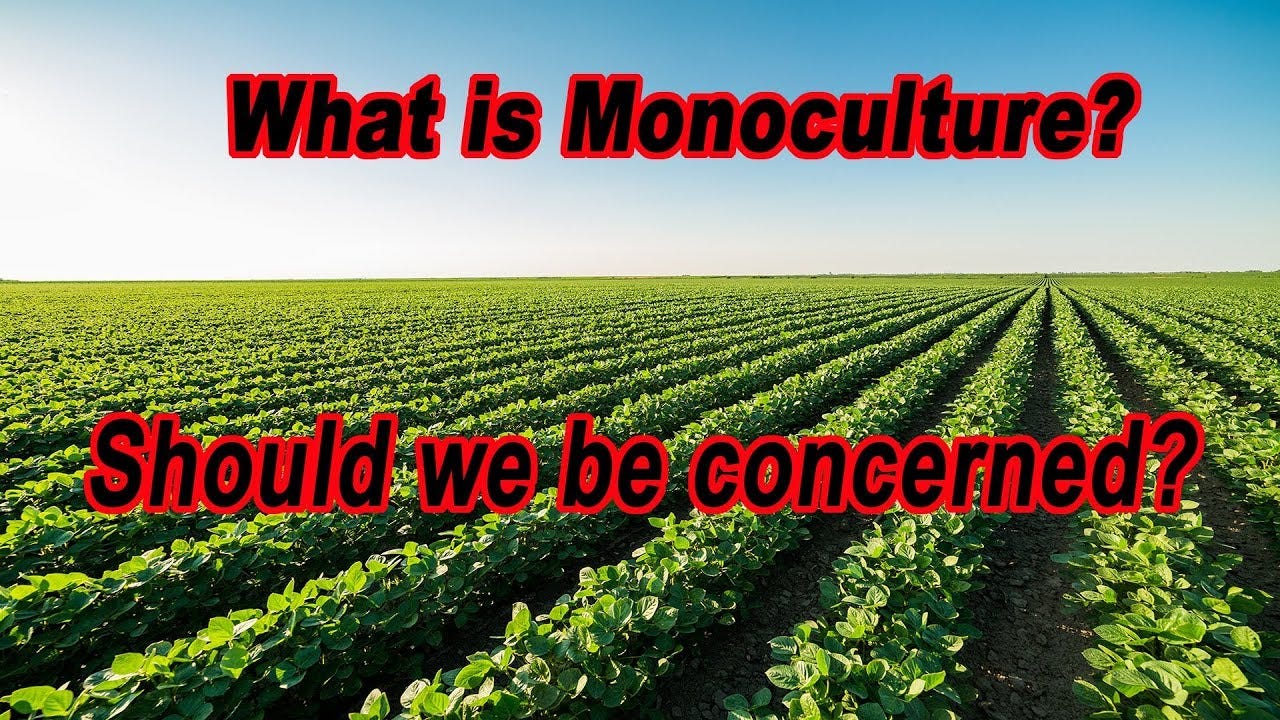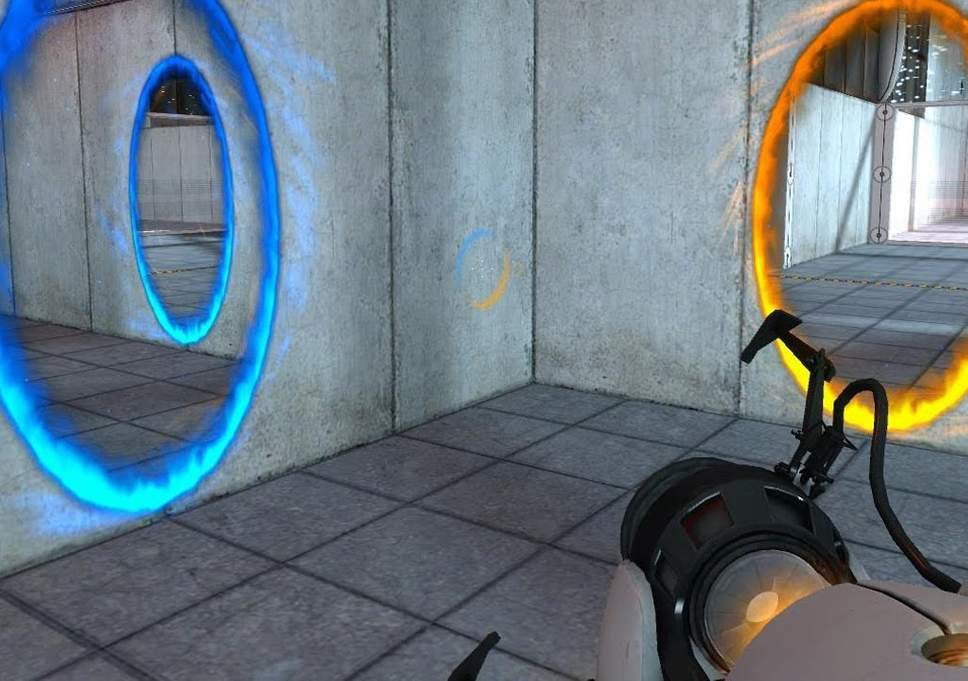JON SCHULZ, JONATAN SPEJLBORG, & JULIAN DUPONT IN CONVERSATION WITH TRAVIS WYCHE

Let’s begin with an introduction of what we perceive to be the goals of our talk today. We recognize, each in our own way, the need to design better questions to continue to uncover the most pertinent and prescient problems. I’m not sure where this will lead us, but as always, I am supremely confident that we will end up somewhere interesting.

What’s the one thing that comes to your mind first when thinking about this project? DeathGuild is a piece of something much bigger. I’ve been frustrated in thinking about what this is for. What are we trying to do? What’s the goal? I know from my work in system sciences and engineering that you better be clear about what you want. Any rule will take you somewhere, but will you end up where you want?

Being clear about what you want to create is critically important. Initial conditions of any system determines — eventually — what will happen. If you’re not thinking clearly about that intent, you may end up someplace you don’t want to be. Daniel Schmachtenberger’s A World that Doesn’t Suck is worth taking the time to revisit. Unless we do something different, we’re going to end up with a dystopian future of totalitarian or corporate feudalism or some nasty authoritarian states.

The questions that came to me when Travis posed this project has a lot to do with trying to understand the assumptions in the communities. I haven’t been part of tech communities, but from my own studies on death I’ve been doing a lot of research on immortality throughout history, how different people have pursued this notion of immortality in different ways. There’s a difference with this technology-based pursuit of immortality. There’s a similar movement in Russia that comes out of grassroots community religious movements, doing it for a whole other reason. It’s much more of a religious undertaking. In the tech community, these assumptions about the inherent goodness of technology, of medicine, and the inherent badness of death and the inherent flaws to human design — death as a design flaw — and these ways of speaking about human beings and life… this is what I’m trying to understand. What are the ways that these communities talk about these things? If I don’t understand that, then I don’t think I can understand the DeathGuild project. I’m really trying to understand this community.
What’s the stuff between the ears that is driving them to do something?

I would recommend that we consider working with the resources and with the ideas that we have at hand. This project has so far intentionally excluded insider perspectives to avoid having any individual advocate for or evangelize the potential importance of the community. We are all outsiders to that community and we began from a place of not knowing what those intentions are, but that shouldn’t inhibit us from speculating wildly as to what they should be, or what ours might be if we were to become more involved in that community, or perhaps what any intention might be for any community — if we wanted to get really universal about it — or what values you are coordinating around, the successes and failures of your local context that might impart influence on this unknown readership.

The problematics that are embedded in the constellation that Travis is pursuing in the conversation with the Web3-DAO communities are very resonant with the questions that I am currently trying to integrate in the relationship between the questions that are arising while working with the indigenous communities in Colombia and how those perspectives are inherently and inevitably making me think in a different way to resolve our notion of Western artificiality.

The project of cryptocurrency community building might allow us to rethink the imperative relations to capitalist technologies. If there’s a single word that I’m interested in related to cryptocurrency, it must be emancipation. Again, connecting it back with the deconstruction implicit in the questions that arise through my conversation with the indigenous communities, it’s the paradox and the contrast that I’m interested in navigating.

On that notion of artificiality in relation to emancipation, I would offer a Schmachtenberger soundbite that we might contemplate together. It has been resonating with me, because of how counterintuitive it seems. Schmachtenberger highlights a deception that human beings are susceptible to perpetuating, that the more complex our systems become the more they resemble natural systems. However, human systems are fundamentally synthetic to the extent that human systems optimize for efficiency, meaning redundancies are actively removed. Human systems are inherently fragile, unlike natural systems that are inherently anti-fragile. I can anticipate Jon having some tension with the idea that natural systems are not efficient, but Schmachtenberger means it in a very specific way, that natural systems are full of redundancies that cultivate self-healing, regenerative, proliferating systems. The emancipatory design vision promises that we might somehow move beyond our own inherent artificiality by designing ever-more-efficient artificial systems.

What does it mean to transcend the metaphoricity of open-source data inspired by mycelial networks or arboreal root systems in this highly reductivist anthropocentric sense? Do we seriously entertain the possibility that our synthetic human systems could ever approach a level of complexity to become auto-generative, sustainably regenerative, anti-fragile, which is to say natural systems? Is it a feat of incredible human hubris to insinuate that we may still become Gods, creators and destroyers of worlds, birthing natural systems from our own ribs?

I am become Death(Guild), the destroyer of worlds.

This connects with something we discussed one week ago concerning the metaphoric constellation of nature — the mycelium, the rhizome — that permits a break and the possibility of stepping outside of purely metaphorical lands. A key point to break is centered on evolutionism, to work towards a space where we could begin to emancipate ourselves from that perspective that we come from nature.

We might consider the difference between Darwin in the Galapagos and his theory of evolutionism and how the indigenous epistemologies are very close to those territories already navigating their own unique theory of relation. We might consider that the anthropocentric image of nature emerged from an artificially linear procession stemming from the perceived necessity to objectify nature. Our artificial subject and object relations are embedded in our conception of nature and the human, forming a division that the epistemology of shamanism can put into question.

For the shaman to enter into relation with the plants requires an inherently non-metaphorical approach. During a conversation with one of the shamans of the indigenous communities, we arrived to a ceremonial place and he began making a comparison of how the wood that we were seeking was some sort of mirror of what we understood as a book. When you speak to the wood, when you speak to the fire, when you speak to the plants, there is a way to enter in resonance that doesn’t inherently involve the signification process as we know it. The epistemology of shamanism existed before the acknowledgement of the evolutionary theory coming from Darwin.

This should be contextualized locally, not as a universal transcendence or emancipation. Perhaps it’s not the earth that’s being destroyed, but a world, an anthropocentric worldview, related to the perspectival or ontological shifts that you are highlighting. We’ve spoken about Braiding Sweetgrass by Robin Wall Kimmerer and the importance of a reciprocity that might be extended beyond our own humanity or our own human-ness, to be able to foster a reciprocal community building with the living world around us. There’s an existential risk that we must contemplate in relation to the urgency in attempting this ontological shift.

I’m curious about what systems you’re talking about when you say that human systems are inherently synthetic because they are designed for efficiency. There’s tons of human systems and relations that are not designed for efficiency. Efficiency is also often not efficient. Efficiency is a very particular term understood in this context. The efficiency of these other epistemologies means something else. Many of the systems that we consider efficient might be perceived as completely inefficient from another epistemic standpoint. In this DeathGuild project, what is meant by this particular kind of efficiency?

There are leverage points in a system that must be understood if you want to change it. This is the purpose of modeling and analyzing system dynamics, to identify what those leverage points and dismantle our intuitions of where we believe they should be. Growth is one of those fallacious intuitions. We think growth will solve all the problems, but it’s actually creating most of the problems.

Growth is often used as a metric for success and efficiency, yet it is also the factor that hampers the sustainability of a system.
Donella Meadows has contributed significant work on locating places to intervene in a system. If you change the paradigm of a system, everything else in that system has to adapt to that change. Much of our world is terminally reductionist, so we must consider alternative approaches to influencing our human processes.

At some point in history we might have considered ourselves to be securely part of the natural system. With a subtle shift, perhaps while transitioning from hunter-gatherer society to developing more sophisticated tools to reap higher yields from the land initiating the agrilogistic compartmentalization of territory into units that we continue to this day, we broke that essential tether and began to exercise domination, control and power over the world. At that point, a shift in the archaic mind, integration of tool-being as an extension of our corporeal ability, and shifted orientation to the landscape signalled an introduction of efficient yields that surpass the sustainability of our natural relations. We can trace this human delusion through the development of the conceptual apparatus of Descartes, Copernicus, Newton, and the cerebral technology of the modern world. We are now developing tools to modulate purely abstract systems of disembodied coordination. This hallucinatory vision of synthetic efficiency is terminally reductivist and thoroughly human.

The efficiency that I think you’re referencing now alludes to exerting some kind of control over the context in which the system exists, a monopoly through the exclusion of competition to create monocultures. Part of it seems to be about avoiding misunderstandings, miscommunication, miscoordination, and generally avoiding the human element altogether, avoiding having to trust each other, avoiding the human error, avoiding the human tendency, and designing the human out of the equation. These seem to be points particular to the context that you’re working in.

Monocultures and monopolies are absolutely counter to laws of life on this planet, an absolute violation of ecological law.
Yes, which is why it seems confusing that this has become central to notions of efficiency.
My fear is that we will not be able to reconcile the need to remember a direct and immediate orientation to the landscape and the other beings that populate this world with this notion of efficiency. My fear is that we will not recognize soon enough the dangers of considering indigenous ways of knowing as inefficient in relation to processes optimizing for their own goals. This is the tipping point of existential risk in terms of a global catastrophe that will remain nameless — because it has so many names — and where we might recognize the potential to become-jaguar and avoid the contorting anthropocentrism that deforms the world.

Advertisement from Jaguar’s REIMAGINE campaign
Examining our own extractivism is a path for reconsidering how to design differently. I recently read an interview with a French philosopher who was asked about technology. She didn’t elaborate much more than to say* just think where all these minerals come from to construct your technological infrastructure.* That can be an apparently simple question, a primordial notion to address in terms of relation to land. The most compelling task of the conversation with indigenous mentalities is that there’s a way to relate to land that doesn’t have to do with efficiency, that doesn’t have to do with a system of production. There is another way of relating and sharing with the world that doesn’t involve the imperative of production. That’s the most intriguing aspect of thinking of emancipation in this sense.

There’s something that Travis said in the beginning of our conversation about an absence in these systems that made me think about — something that I’m constantly driven to reconsider — the reconfiguration of our presence as an absence, in order to re-meet the other. Cryptocurrency might be considered as an interesting absence inside of a production system that might offer us an opportunity to re-cognize our presence system, re-configure the possibilities of what is to come.

One of the unique aspects of our familiar culture is the idea that it’s okay to own land. Given that reality, how do we work with that or what do we do about that, if anything Elinor Ostrom, Nobel Prize in Economics, positively asserts that it’s possible for people to successfully manage a commons. I’m thinking duh, yeah, they’ve always been able to do that if other factors — internal and external — don’t interfere. I consider economics to be kind of a faulty science. There’s an old adage: playing with half a deck is a symptom of insanity. Economists will tell you that natural capital, the environment, nature, and social capital is available in infinite supply for those with capital, the infrastructure, and the cash to use and exploit to generate more wealth. The dumping of an infinite amount of waste and toxic material back into the world is justifiable in relation to short-term economic wealth generation.

There are internal and external factors at play here. Where is the cantankerous root? Can we illustrate such a dilemma through an imposition of individual responsibility? Julian, how might we take action steps to instigate a perspectival shift? Jon, you have mentioned previously that it’s the individual’s responsibility to become a competent contributor to our shared systems. So if coordination is a choice, how do we choose? Jonathan, you have proposed that perhaps the shift in perspective we require should be framed as selflessness, but as the other side of selfishness, that we must escape our hubris and excess of pride in order to see clearly and act deliberately. The existential risk of failing in this task will result in reproducing the very system that we are actively trying to deconstruct, perpetuating the debilitated imagination that we should be dedicated to unraveling.

Where do you enter into a system? There are all these different knobs you can turn, soft spots to poke… where is the most interesting entry point for our engagement for this project that we have become involved with? We might speculate on this together, to acknowledge this position from the system’s perspective and try to consider possible access points. Where can we enter? Where can we make an impact? If we are going to be a little bit sneaky about it, where would the most interesting results be produced? If we could gain access to the system, what kind of virus would we plant? What kind of language or code would we change? Assuming that we have power to actually instigate change, where would we enter? Where do we believe that we might address our concerns with these particular technologies and explore alternative ways of designing them? If we had the power, what would we change? Would we hack their manifestos, or what would we do?

Are there leverage points in our perception of this system where we could make an input that would make a difference in terms of how the builders are thinking about the world and the reality tunnel they are constructing?

I imagine two sides of this call to action. Jonathan, you’re proposing that we might identify entry points into the system: is it the manifesto or is there another part of the construct that would allow for a potential opening? At the same time, how might we configure openings in our internal composition as they relate to the external compositions? For example, Julian recently illustrated a procession from desire to reaction to emancipation. Perhaps the task is twofold: to identify our entry point into the system, while also preparing ourselves to be agile enough, to be supple enough, to fit into that very slim opening and not be crushed by the weight?

The big challenge when contemplating intervening in any system is accurately modeling the system.
We might begin with a simple system to understand that there are broad principles at play so that we don’t have to guess about our engagement and then expand that understanding towards more complex systems, building up a complex image from simple parts like components in a truck engine. Some knowledge is reserved for the local level — the parts — and another quality of awareness maintains the whole — the engine. The level of complexity determines whether we can actively probe, experiment, and see what happens, or whether we might have to throw ourselves into the middle and act with seemingly chaotic variables to see what happens. We might continue to remind each other that we are dealing with a system that is very complex, but also has an element of chaos to it; we must develop strategies for guessing, that there is no way of knowing with certainty.

Is it chaos or is it entropy? We are always embedded within larger systems even if we lack the awareness to communicate with them. For our next conversation I propose that we focus on Elinor Ostrom’s eight rules for managing a commons as a prompt to consider individual responsibility in relation to that very pragmatic goal of managing common resources together.

I really like this question of how we can speculate inside the system, how to put our feet in. Paraphrasing from our conversation from last week, *the master’s tools cannot change the master house. *How might we reconsider these doubts — not simply as a reaction to capital, but — towards an alternative system that would allow us to desire differently. I have a few ideas. How could we change the incentives for artists? Instead of offering economical prizes, carrots on a stick, we might offer unique entry points of engaging with the world; offer access to unique resonations with the ways we desire.

I have an image of us prepping you, Travis, to go back into the Web3-DAO community with better tools. I like that. You’re the man in the field and we’re the team behind the lines helping you strategize. How do we prep you so you can go in and cast the right spells?
I love that.
What do you need to bring on this journey?

This series is made possible by a generous grant awarded by MolochDAO. Thank you Moloch!